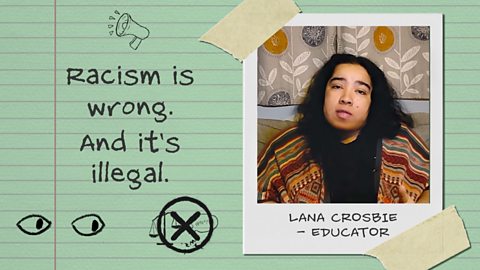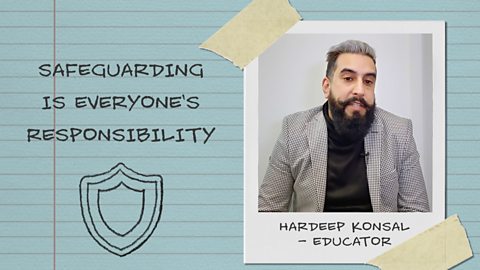Black students and teachers share their experiences of racism in school and offer tips for safeguarding students.
Notes by film-maker and diversity inclusion facilitator Dr Mena Fombo (with film-maker Michael Jenkins and Assistant Principal & Diversity and Inclusion education consultant, Aisha Thomas).
The tips:
Acknowledge racism exists
Assistant Principal & Diversity and Inclusion education consultant, Aisha Thomas, states the importance of protecting young people from racism and safeguarding being everyoneβs responsibility. She emphasises the need for teachers to acknowledge that racism exists and to take quick action when students report racist incidents.
Knowledge is powerful
βI felt really disgusted about how they handled it. I felt like they didnβt care at all.β
(Secondary school pupil)
Students that were interviewed for the film felt that any use of the βNβ word was an act of racism but that in their experience, schools acted to βprotectβ the person who used the word rather than support the students who had been the victim of racism. Encouraging learning opportunities for users of racist language is a positive step, but teachers can also help by recognising the impact on studentsβ mental health when they donβt feel heard, supported or that action is being taken. Itβs essential to be confident in our knowledge and understanding of racist language in order to manage incidents effectively.
Listen
'We grow up believing that our voices arenβt worthy of being heard, and that our struggles arenβt what people want to hear.'
(Secondary school pupil)
Students also felt they wanted teachers to offer more opportunities for them to share the problems they faced in school, particularly around racism. They felt if teachers understood them better, they would be able take more informed action when these incidents occur.
Representation matters
Students interviewed spoke passionately about wanting more historical contexts. Aisha states that representation matters and that the curriculum is full of opportunities to balance out learning. As she says: βWhen you talk to children about slavery, youβre also going to talk to them about Mansa Musa and African kingdomsβ - because many black students feel they are not represented within the school curriculum, and on the occasions when they are - such as Black History Month - it can feel negative, Americanised, or just centred on the Transatlantic Slave Trade or Windrush.
Take action
Aisha emphasises itβs important to take quick action when students report racist incidents, taking their concerns seriously and recognising the impact on them.
Related links
- ΒιΆΉΤΌΕΔ Teach: Black lives and black history resources
- ΒιΆΉΤΌΕΔ Bitesize: Decolonising the curriculum
- ΒιΆΉΤΌΕΔ Bitesize: Black History Month: British entrepreneurs from the past and present
- ΒιΆΉΤΌΕΔ Newsround Topics: Black History Month
- ΒιΆΉΤΌΕΔ Newsround: Black History Month in Britain: Great women you should know about
- ΒιΆΉΤΌΕΔ News: N-word: The troubled history of the racial slur

Mixed heritage allies. video
Issues of identity and heritage are explained by students and teachers seeking a more inclusive classroom experience.

South Asian allies. video
South Asian students share their experiences of prejudice and its impact on their learning experience, and offer suggestions on how to support students.
